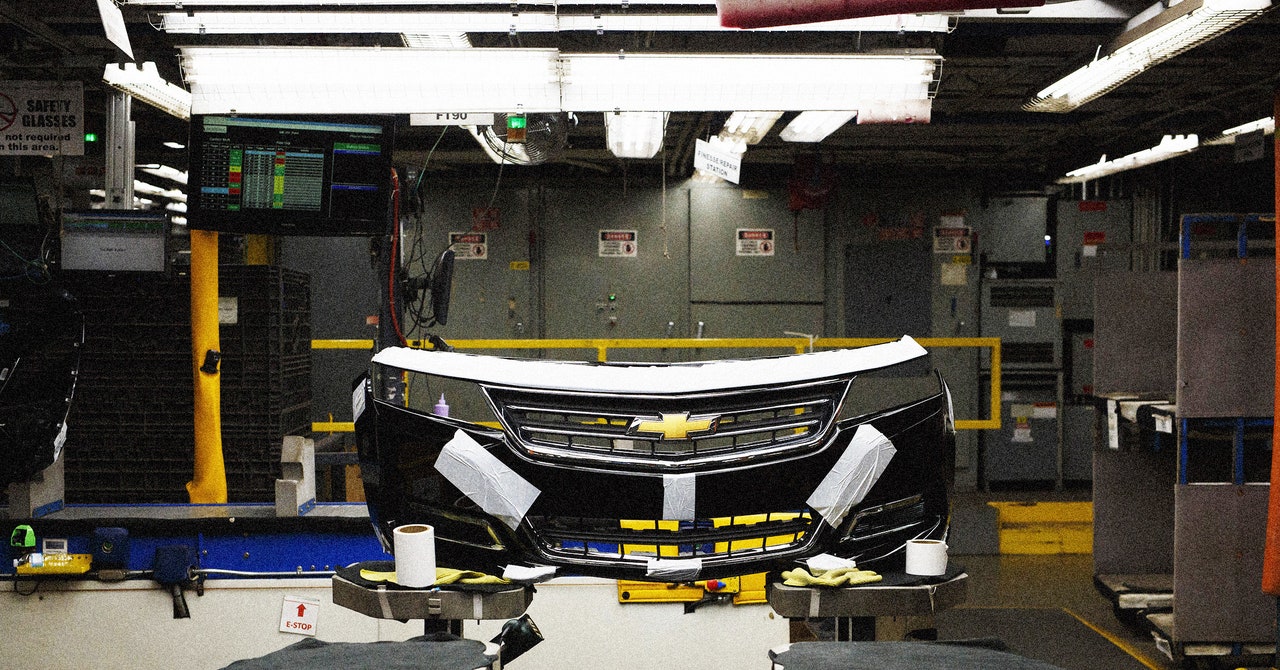Physical Address
304 North Cardinal St.
Dorchester Center, MA 02124
Physical Address
304 North Cardinal St.
Dorchester Center, MA 02124

Jonathon Azobardi, and The head of the auto parts manufacturer Laval toolHe can see clearly across the United States and Canada borders from his office in Windsor, Ontario, just 4 miles from Detroit. This week, this opinion began to seem more expensive.
On Sunday, President Donald Trump said that the United States will start putting 25 percent of the tariffs on imported goods across the Canadian and Mexican borders, which is an amazing reflection of decades of free trade throughout North America. Both countries threatened to take revenge for their definitions. After that, a decrease in the last minute: late on Monday, Trump said that the definitions against the two countries will stop “as both countries stop to enhance border security. The President also suggested that Canada may avoid definitions by becoming the state 51, which is an disturbed proposal Canadians.
In addition to the revenge customs tariffs of Canada, Azoubdardi says it will add semi -executing costs to the company, says Azobardi, partly because some of its products cross the border between the United States and Canada up to seven times during production.
Even with stopping stopping, the future is still mysterious and frightening.
“Inspection is in fact a little worse, because we do not know what will happen,” says Azobardi.
The company’s dilemma explains the difficulty of many in the field of cars, as the Trump administration scales and the heavy threat approach towards foreign policy display the complex-cost-cost chains that create the vehicles led by Americans every day.
In one example of the LAVAL tool, the American steel comes from Pennsylvania and is used to make components that eventually become molds for auto parts, which are then sent to the United States for treatment, which are completed in Canada, which is then used to form a car component like a cover The car engine, which is then sent to the United States to add it to other components in a specific order.
The customs tariff can affect Canada and Mexico on about $ 225 billion of automatic related imports, according to Alixpartners. A quarter of 16 million cars were sold in the United States annually from Canada or Mexico.
Customs duties can also exaggerate the cost of manufacturing a new vehicle significantly – up to $ 6,250, according to the S & P Global Mobility. Companies will have to decide which of these costs that they can bear and which they will transfer to consumers in the form of higher prices.
Introduction stopping does not mean that the headache of the auto industry has ended. Analysts say that manufacturers respond to uncertainty about duties by buying forward and transporting goods across the border while they are still free of customs tariffs. Companies interact on the other side of the border with the flow of applications by cramming and pushing the additional work, and fearing that the work will now do to do it in the future.
Paul Isley, Professor of Economics at Sidman’s Business College at Grand Valley State University, who predicts working conditions in West Michigan, where many car suppliers and car industries are based. Then, storing this additional inventory bears the costs of keeping. In the United States, local companies also respond by stopping employment, Isley says.